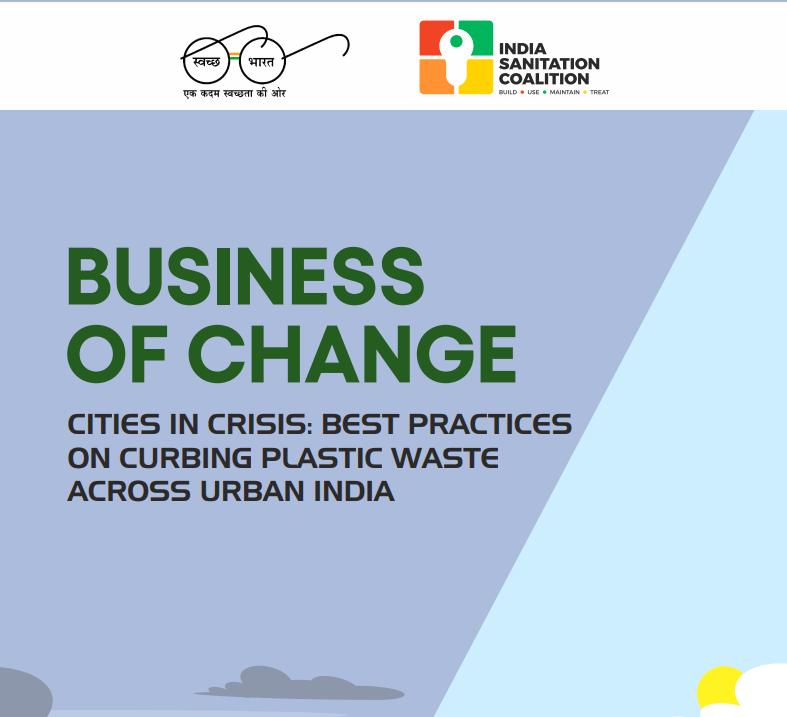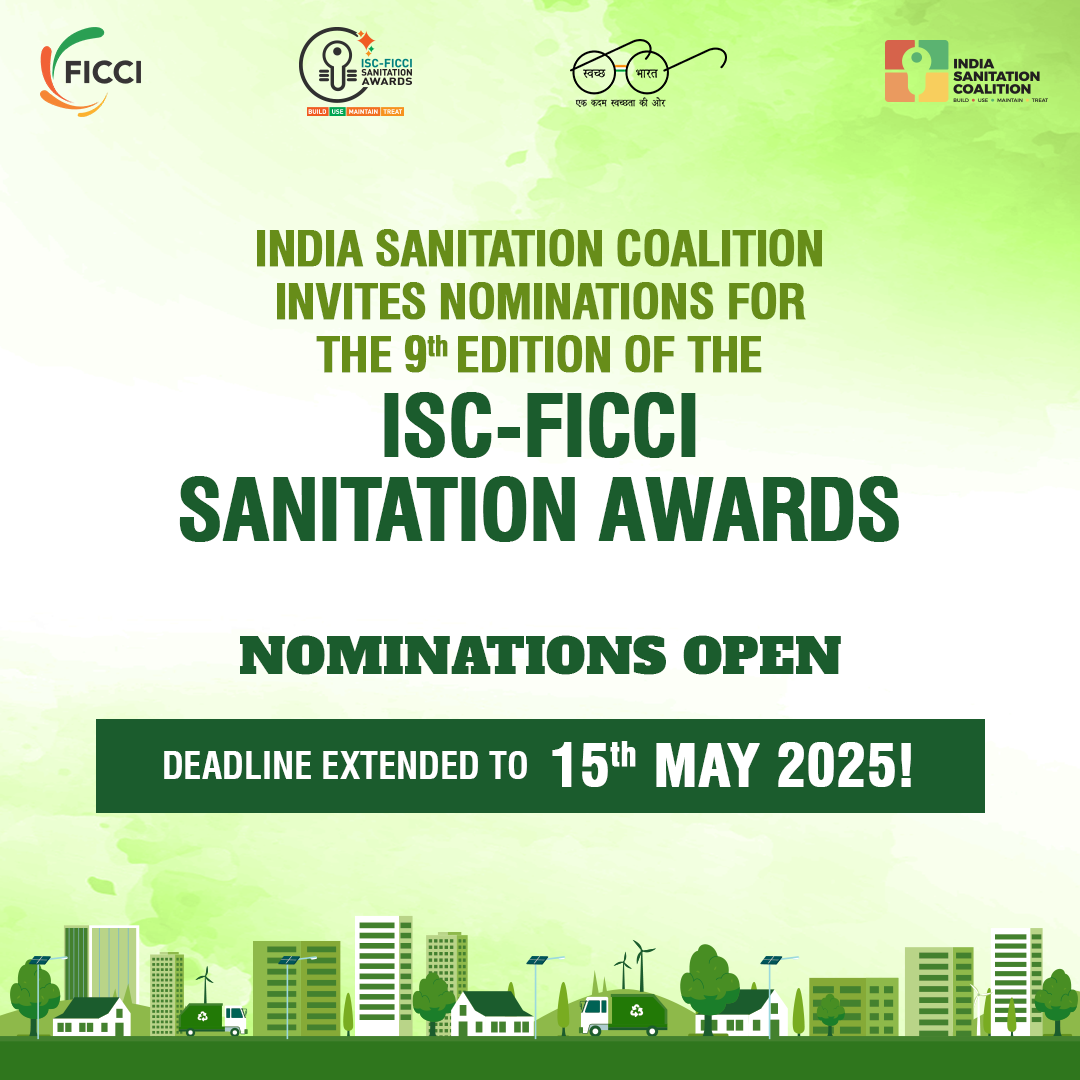ISC COMPENDIUM 2023

The launch of the Swachh Bharat Mission, grounded in the principles of Reduce, Reuse, and Recycle (the 3R approach), marked a significant milestone in addressing the challenge of plastic waste management . For the first time, this critical issue was placed at the forefront of the nation's development agenda with a mission-driven approach. Furthermore, the implementation of the Plastic Waste Management Rules 2016 was a significant leap, underscoring India's commitment to addressing the pressing issue of plastic waste within the framework of the Swachh Bharat Mission-Urban.
To provide context, India generates a staggering 9.4 million tonnes per annum of plastic waste, which is equivalent to 26,000 tonnes per day of waste generation. Out of this, approximately 5.6 million tonnes per annum are recycled , while 3.8 million tonnes per annum remain uncollected or littered. Although India's per capita plastic consumption, at 11 kg, falls below the global average of 28 kg, plastic waste generation is projected to triple by 2031. Notably, in 2021, about 43% of plastic waste consisted of singleuse plastics (SUPs). These inexpensive and convenient items have led to various adverse environmental and societal consequences due to their low economic value, resulting in poor collection and recycling rates.
